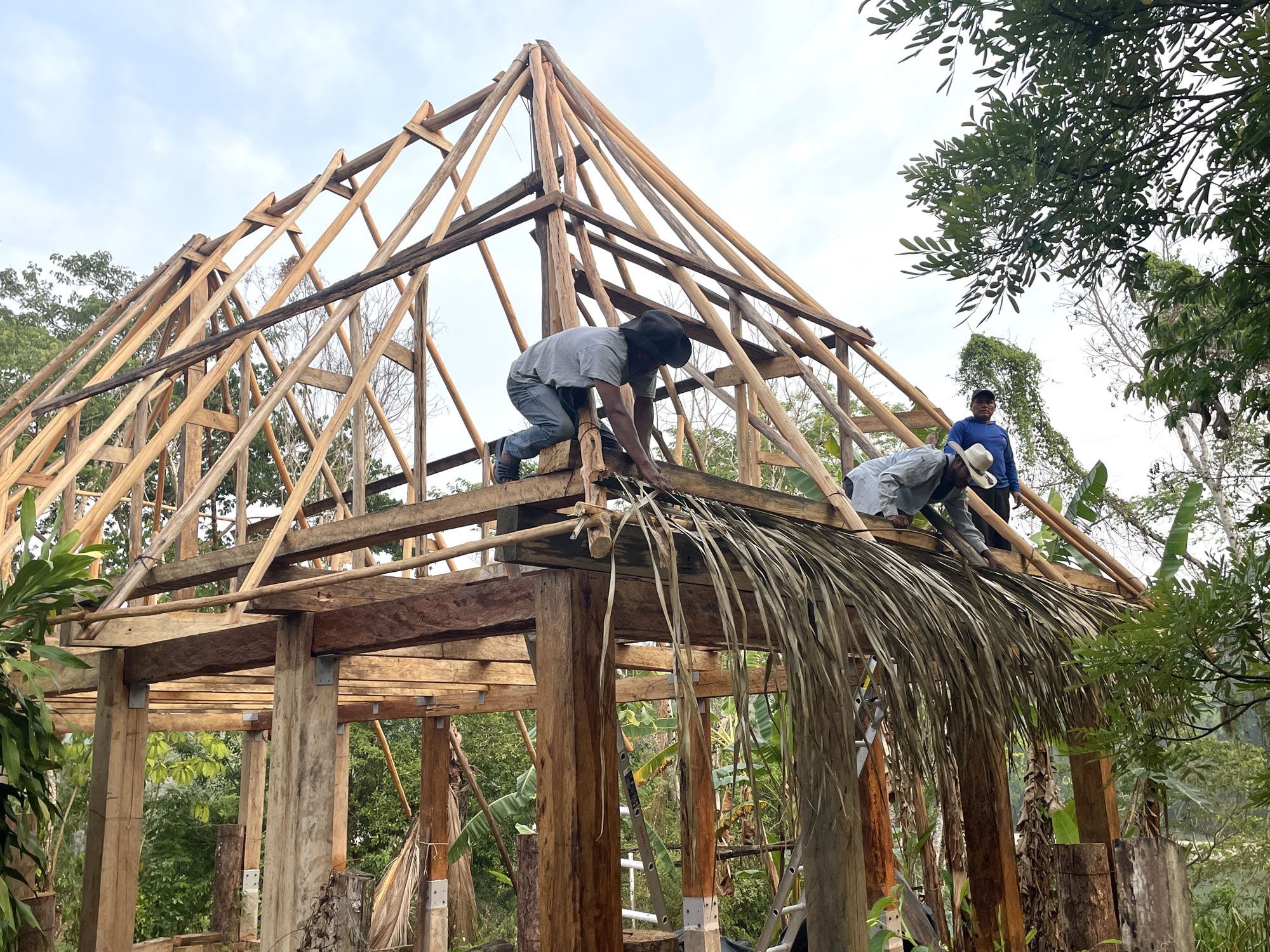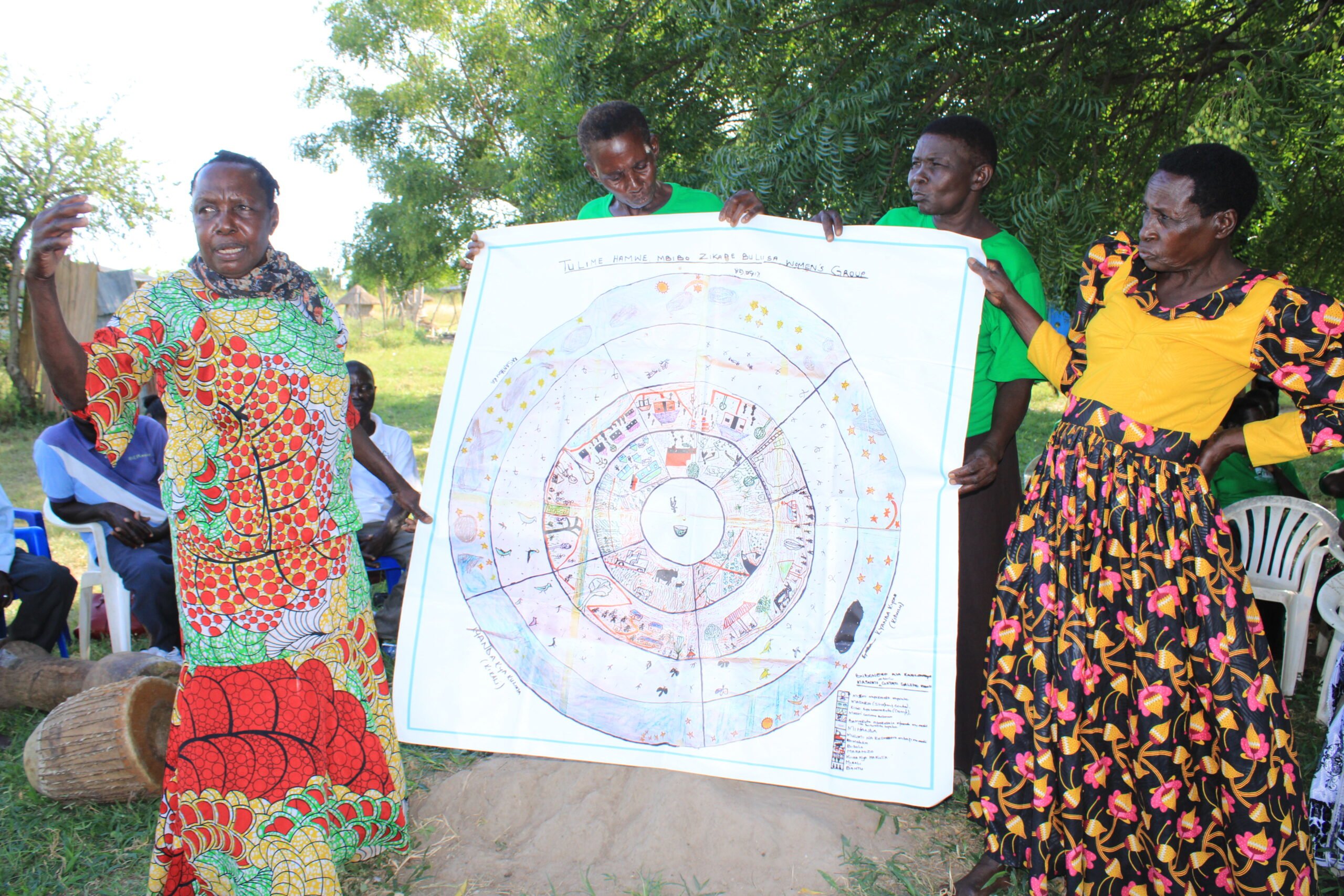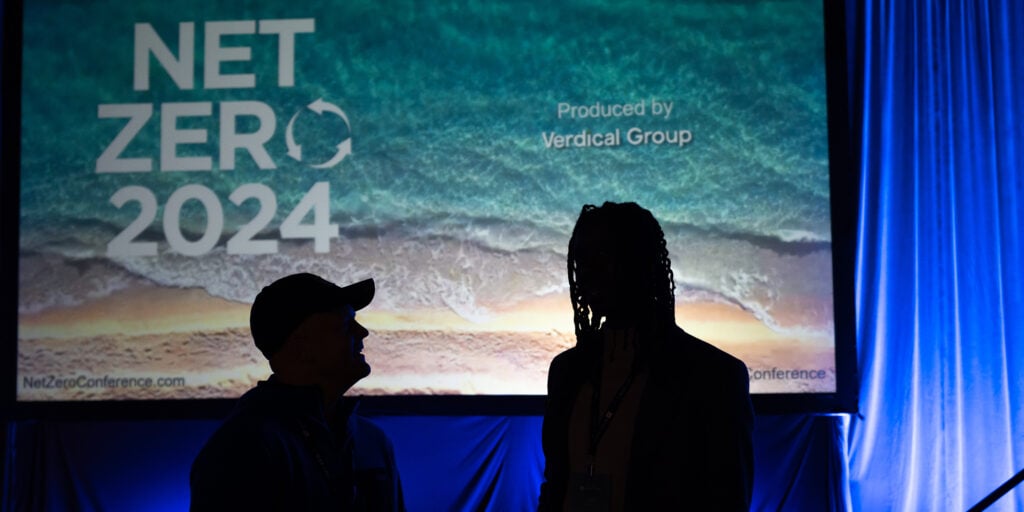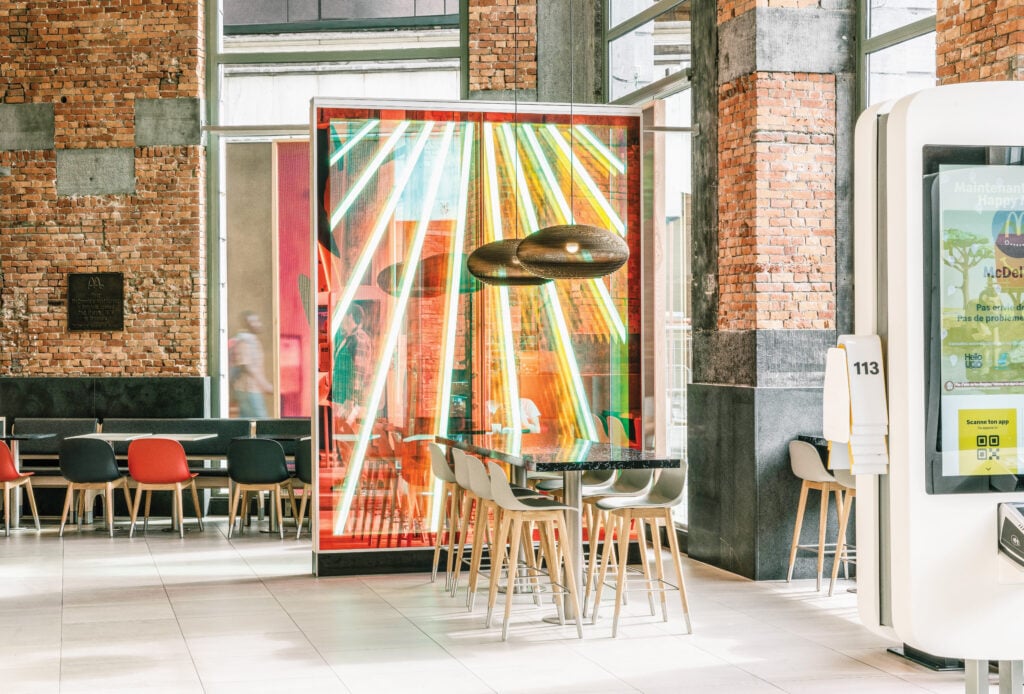
December 11, 2023
Architecture Philanthropy Platform re:arc institute Announces 2024 Projects


GRANTS FOR PROJECTS THAT DO GOOD
“Through this founding program, we look to resource projects that are working with biodiversity and climate care, social participatory education and models of collective ownership,” says Alice Grandoit-Šutka, a research-based designer, host, publisher, and re:arc’s communications and media lead. She’s also the co-founder and editor-in-chief of Los Angeles-based social practice publication Deem Journal. “With this financial support, we’re hoping to foster a new dialogue about what architecture can actually entail in different contexts.”

LONG-TERM EFFORTS BENEFIT FROM THE PRACTICE LAB
Announced last month, re: arc institute’s 2024 “cohort” comprises close to 40 community-oriented and research-based projects being developed everywhere from Salvador de Bahia, Brazil, to Nairobi and Rotterdam, the Netherlands—a number of which are defined as continental or even global in scope. While some are more speculative, others are already being applied as real world solutions: neighborhood kitchen and urban farms; site-responsive archives of public memory and the implementation of AI-harnessed restorative tools. Practice Lab and Grants undertakings are backed for about two years while recipients in the Initiative segments receive funding for one year. This assistance helps crystalize each endeavor. The Practice Lab team is led by architects Nicolay Boyadjiev and production lead Olga Tenisheva, who facilitate the practice-based funding experiments through partner research, outreach, proposal development, and project support. The projects in the two other categories are all selected by re:arc team leads. The process entails collaborating with different research partners to identify projects that intersect with the organization’s core mission.
“Our grantees and collaborators are selected for their shared commitment to social and ecological change; participatory methodologies; and demonstrated integrity and transparency within their communities,” Grandoit-Šutka adds. Those granted support in the Practice Lab category engage in research-based experiments helping to identify key areas of focus, which then allows them to test informed hypotheses and share unique learnings in order to advance impact. It’s a more multi-stepped form of engagement. As part of this year’s group, Mexico City-based urban design studio Taller Capital is delving deep into the locale’s dire need for improved water management. Dakar-based collective Worofila will continue its practice-defining exploration of bioclimatic building achieved with local materials. “Some of the organizations need funding to operate and continue the work they’ve already begun.”

SUPPORT FOR INITIATIVES THAT INSPIRE ACTION
In the Initiatives segment, re:arc institute provides support to educational, community-building, and media-based enterprises looking to disseminate information and inspire action in new, more accessible ways. A 2023-2024 recipient, Network for Ecological Futures is a Seoul-based project that links different creatives throughout the continent with the central ambition of mitigating the proliferation of “smart cities.” UK-based activists Jess Mally and Mikaela Loach are developing the It’s Not That Radical School of Organising, a curriculum aimed at helping marginalized communities achieve their own climate justice. 2023-2024 Grant winners include Indonesia-based Climate Emergency Software Alliance (CESA), an open source online platform comprising strategies for community-led disaster response and recovery.
A refreshed look at what sustainability and circularity actually mean within the context of architecture is at the core of re:arc’s mission. “These terms have gotten so overused,” says Grandoit-Šutka. “We need to start thinking about how these approaches are actually being implemented on the ground in different communities; how both new and old technologies can be used in the right way for these solutions to be effective.”
Would you like to comment on this article? Send your thoughts to: [email protected]
Related
Products
How the Furniture Industry is Stepping Up on Circularity
Responding to new studies on the environmental impact of furniture, manufacturers, dealers, and start-ups are accelerating their carbon and circularity initiatives.
Viewpoints
The 2024 Net Zero Conference Highlights the Importance of Collective Action
Last month, leading climate experts convened at the Anaheim Convention Center to reenvision the built environment for a net zero future.
Projects
McDonald’s Reimagines its Interiors through Radical Circular Design
A pilot program launching in McDonald’s France and Belgium aims to create sustainable interior renovations for the global fast-food brand





